Keeping Secrets
In which Norm spins up Via Vision's new Imprint discs of MAN BITES DOG, IN THE BEDROOM and SHATTERED GLASS, every one of them a classic.
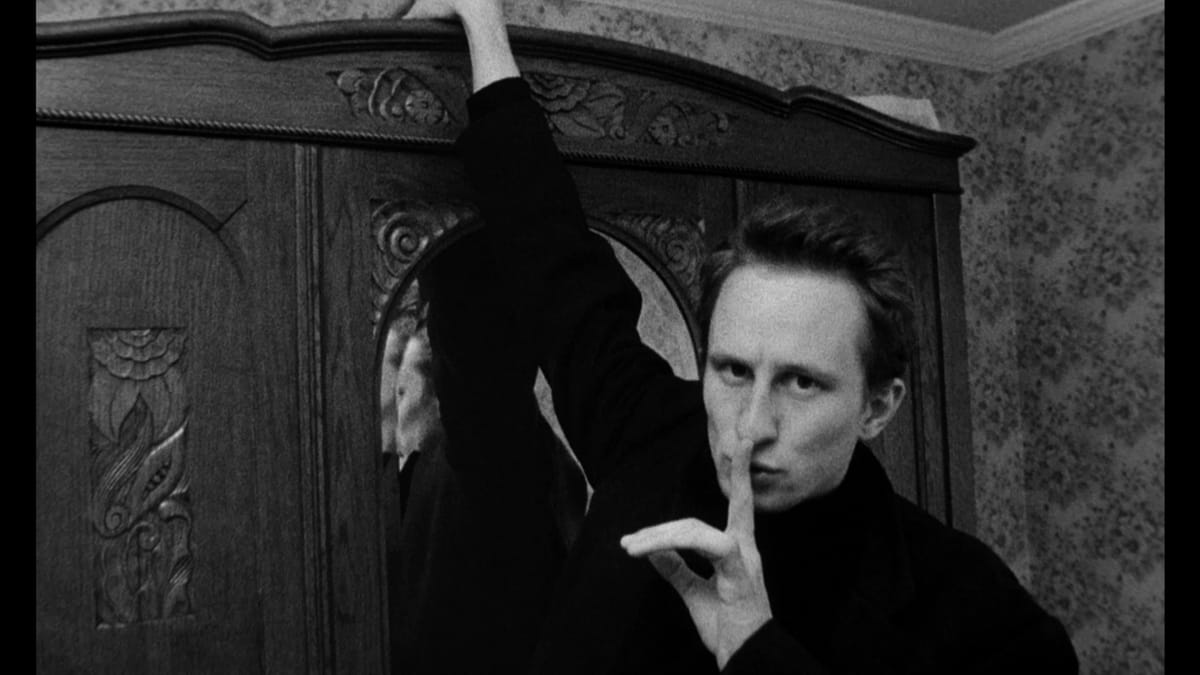
I don’t know how Via Vision does it. Month after month, the Australian home-video label convinces international distributors to let them release spiffy new special editions and boxed sets of movies that have slipped into limbo, bringing them back to life and supporting them with new supplemental material whenever possible as part of their numbered Imprint collection. And their Blu-rays are playable in all regions, so everybody wins.
Three discs from Imprint’s March wave arrived earlier this month – hey, their last mailing took a lot longer – and I’ve been delighted to find that all of them hold up brilliantly.
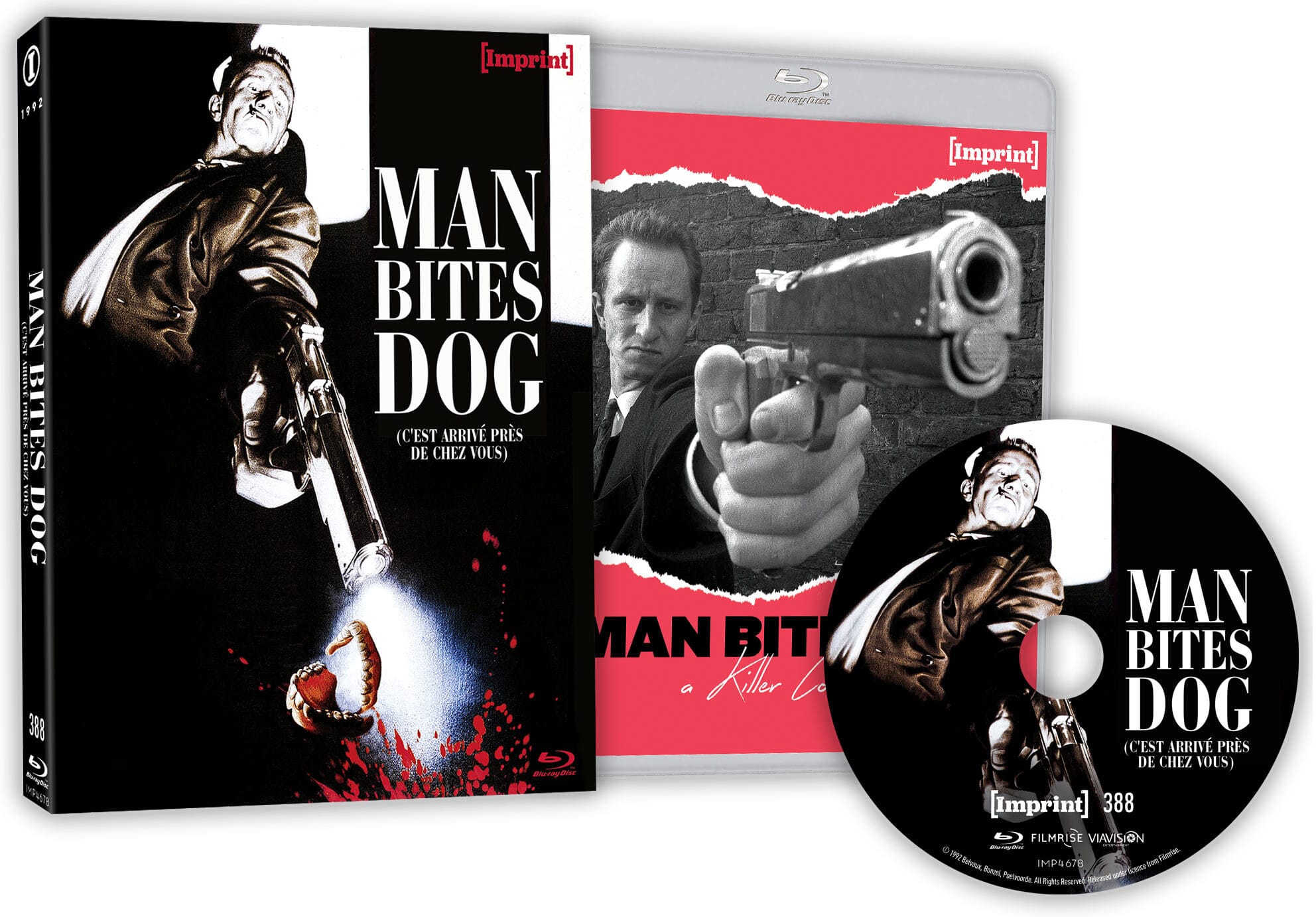
From the oldest to the most recent, let’s start with Man Bites Dog. A collaboration between Belgian filmmakers Rémy Belvaux, André Bonzel and actor Benoît Poelvoorde, it’s a mockumentary made by film students “Rémy” and “André” about “Ben,” a charming young serial killer who chats to the camera about the mysteries of life between bouts of sadistic violence.
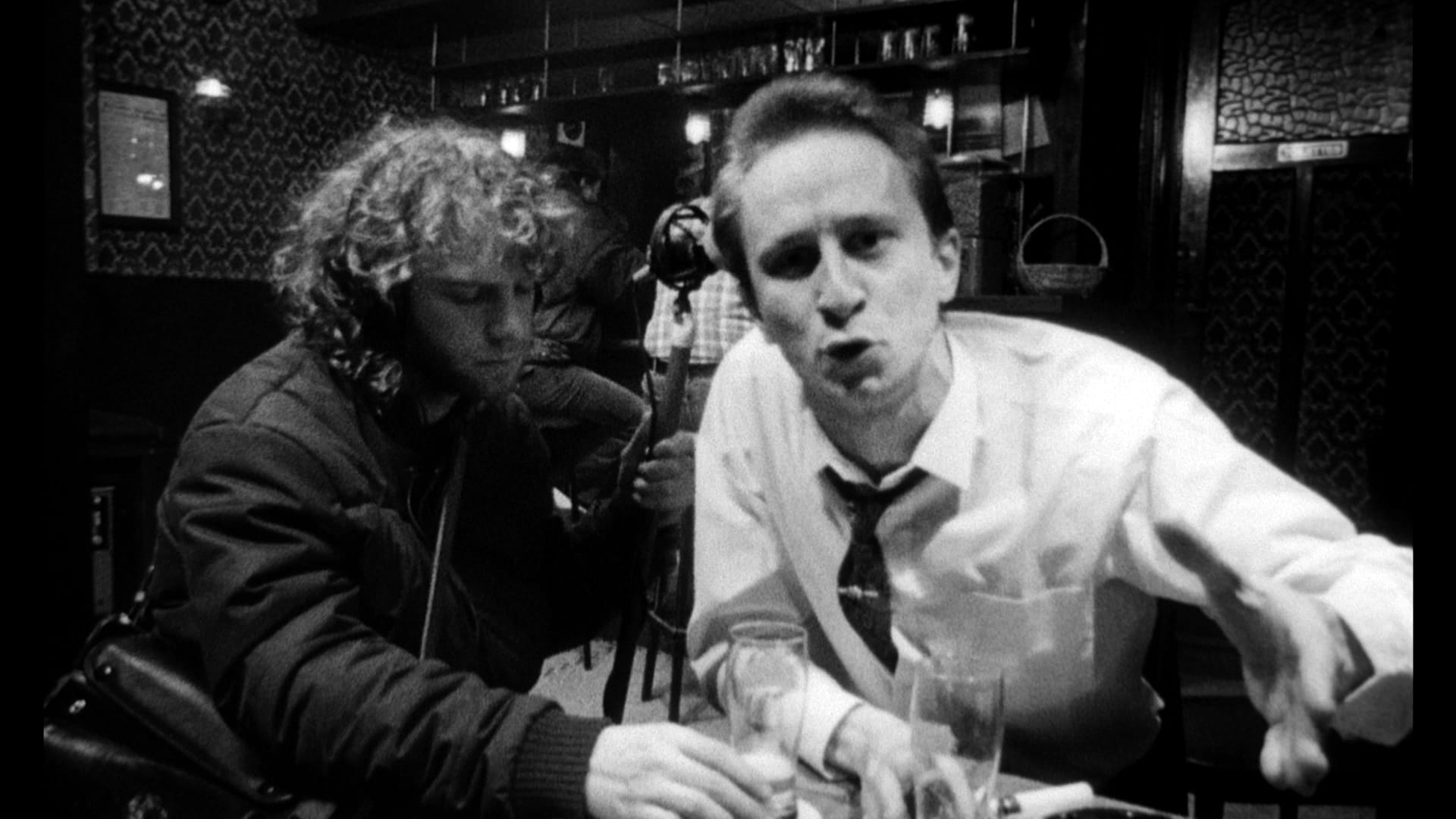
Sometimes he kills people who’ve offended him personally; other times he does it because he’s short on cash or wants something they have. Sometimes he just gets the itch. He’s happy to have Rémy and André follow him around, and they’re delighted for the footage. Ben’s a great subject! Audiences will love him, right?
Audiences do love him, which is of course the problem. Man Bites Dog – which premiered at Cannes in 1992 under its original French title C’est Arrivé Près de Chez Vous, an idiom that means “it happened next door” – is all about getting us to enjoy hanging around with Ben while he does his thing.
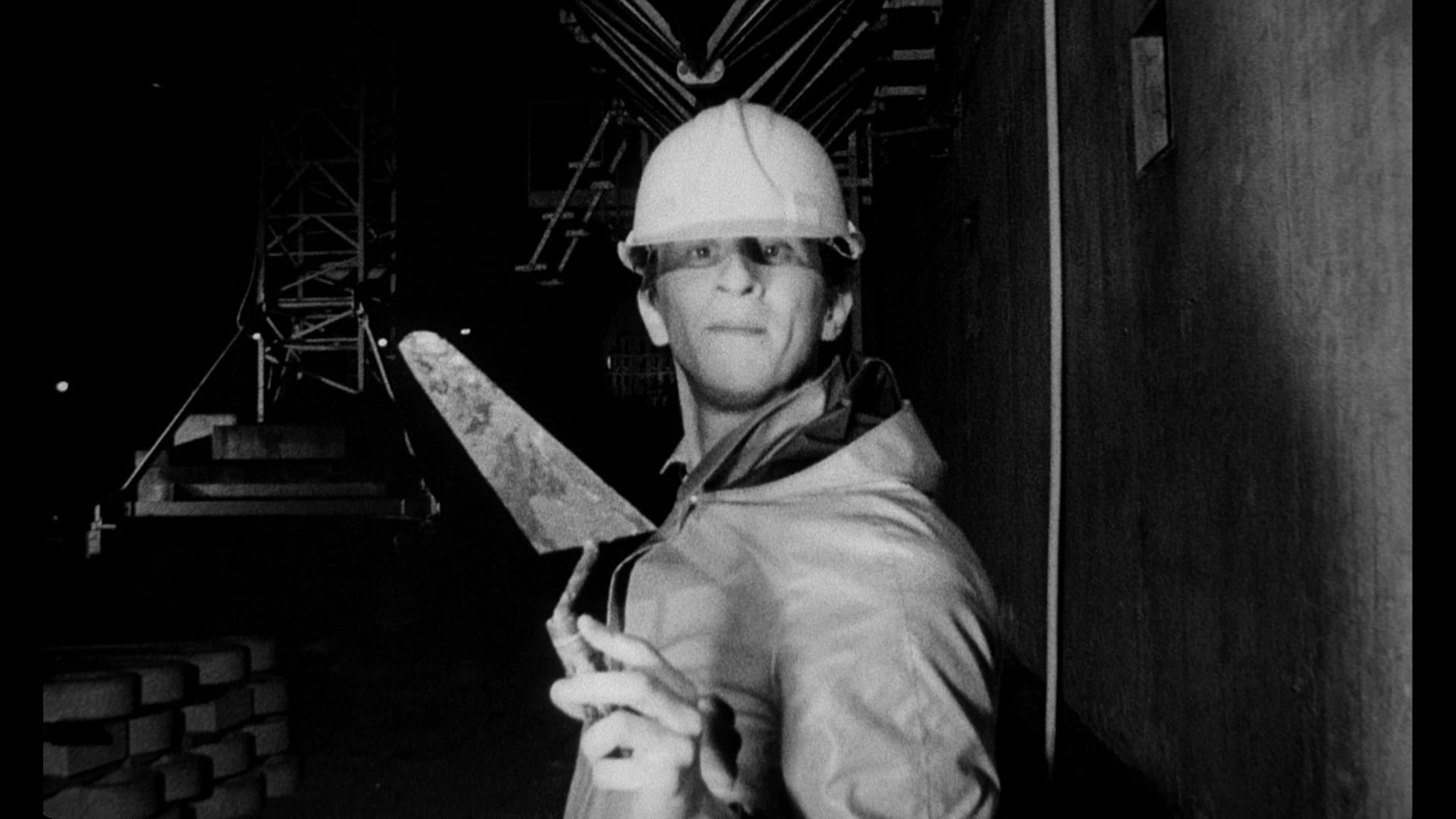
Belvaux and Bonzel’s meticulous preparation and execution – and Poelvoorde’s obvious comfort with the camera– make the finished product look like something flying by the seat of its pants.
Not only do they get us to relax around Ben because he’s friendly and cheerful, they also use our expectations of a student documentary to lead us to the most unsettling moments, structuring jokes about editing and sound recording to flatter us with our cinematic literacy the way Ben flatters Rémy and André … all the better to set up the moment that’s the reason Man Bites Dog is regarded as an essential genre work instead of just a clever spoof.
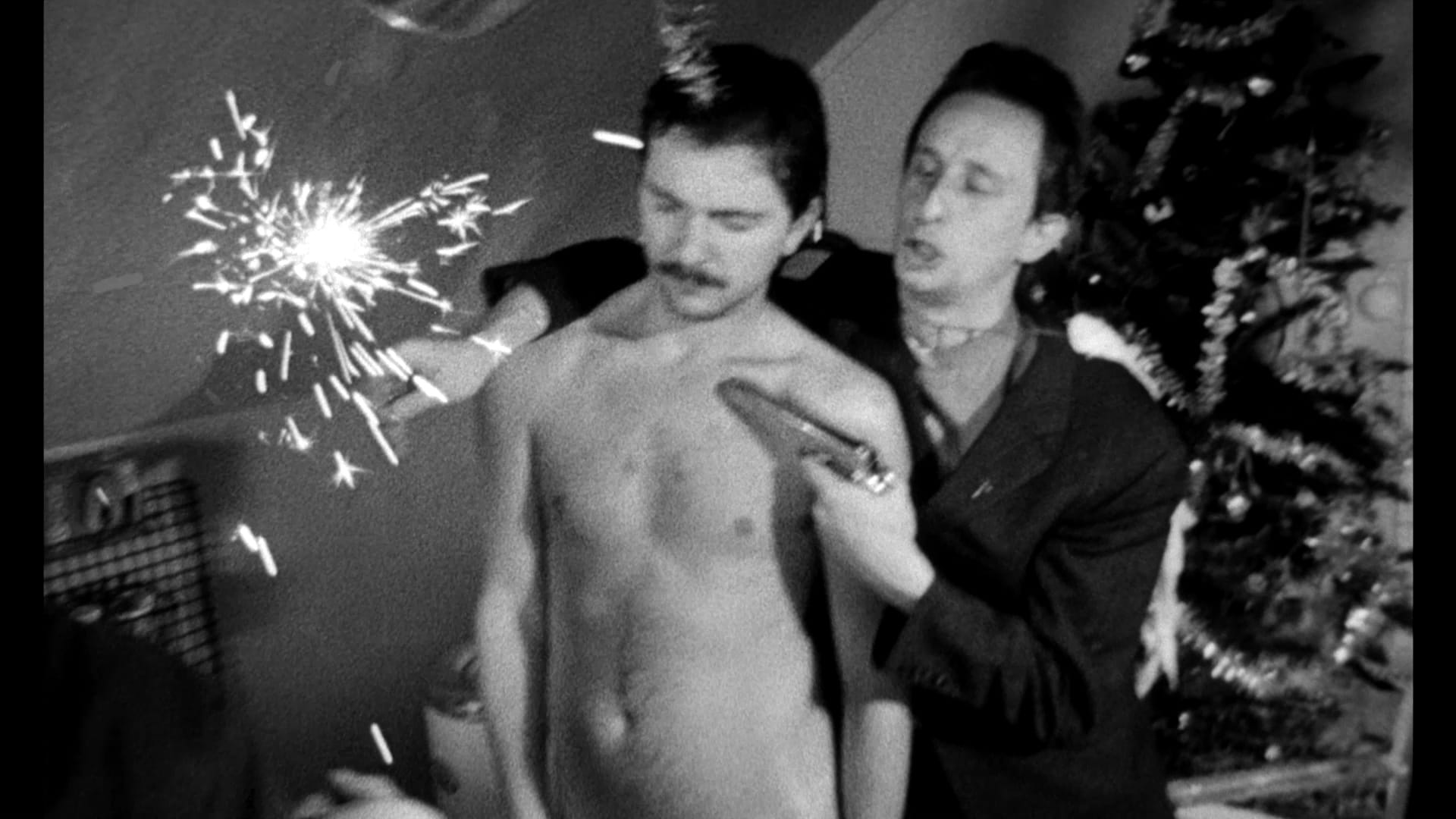
This wasn’t the first film to implicate the audience in its characters’ bloodlust, but it’s the one that does so the most elegantly, and in thirty-odd years no one’s even come close to pulling off a similar sucker punch.

Todd Field’s 2001 debut In the Bedroom plays with a different kind of bloodlust, one that simmers almost unseen beneath the surface of a muted domestic drama. Adapted by Field and Rob Festinger from Andre Dubus’ short story “Killings,” it’s a study of an older couple – Ruth and Matt Fowlers, played by Sissy Spacek and Tom Wilkinson – whose world is shattered when their college-age son Frank (Nick Stahl) is killed by the violent ex (William Mapother) of his girlfriend Natalie (Marisa Tomei).
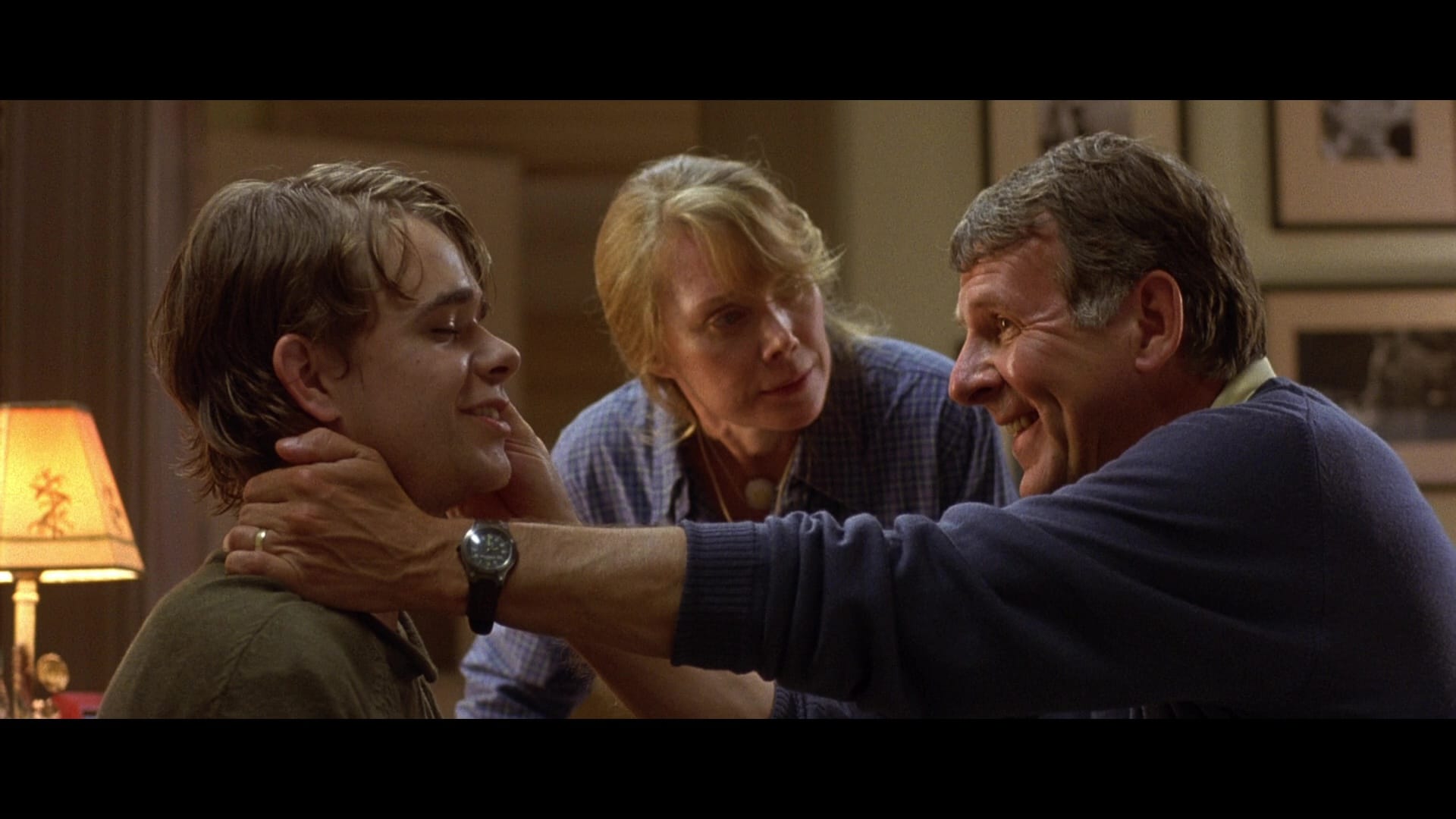
It’s murder, but the circumstances are murky enough that the ex only faces manslaughter charges, and once he’s released pending trial Ruth and Matt have the awful experience of seeing him wandering around their coastal Maine town while their son is buried nearby.
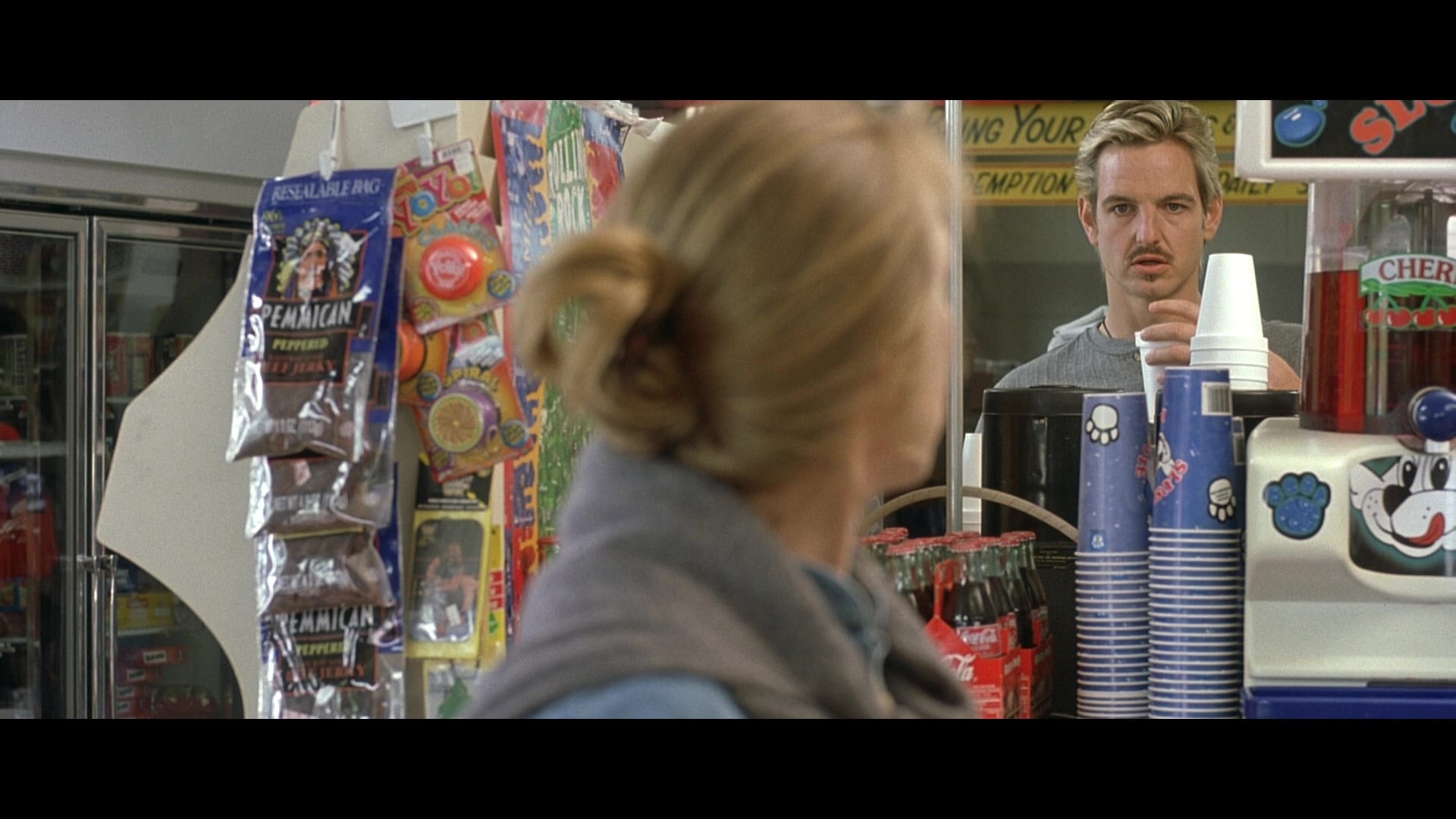
The second act of the film finds Ruth retreating into herself while Matt wanders around like a ghost, his days robbed of meaning and purpose. Losing Frank has exposed all the fault lines in their marriage, and Wilkinson and Spacek are phenomenal in this section, as people who have no way to exorcise their rage, or even acknowledge the distance between them, until they explode. And all the while, Field lays the groundwork for what happens next.
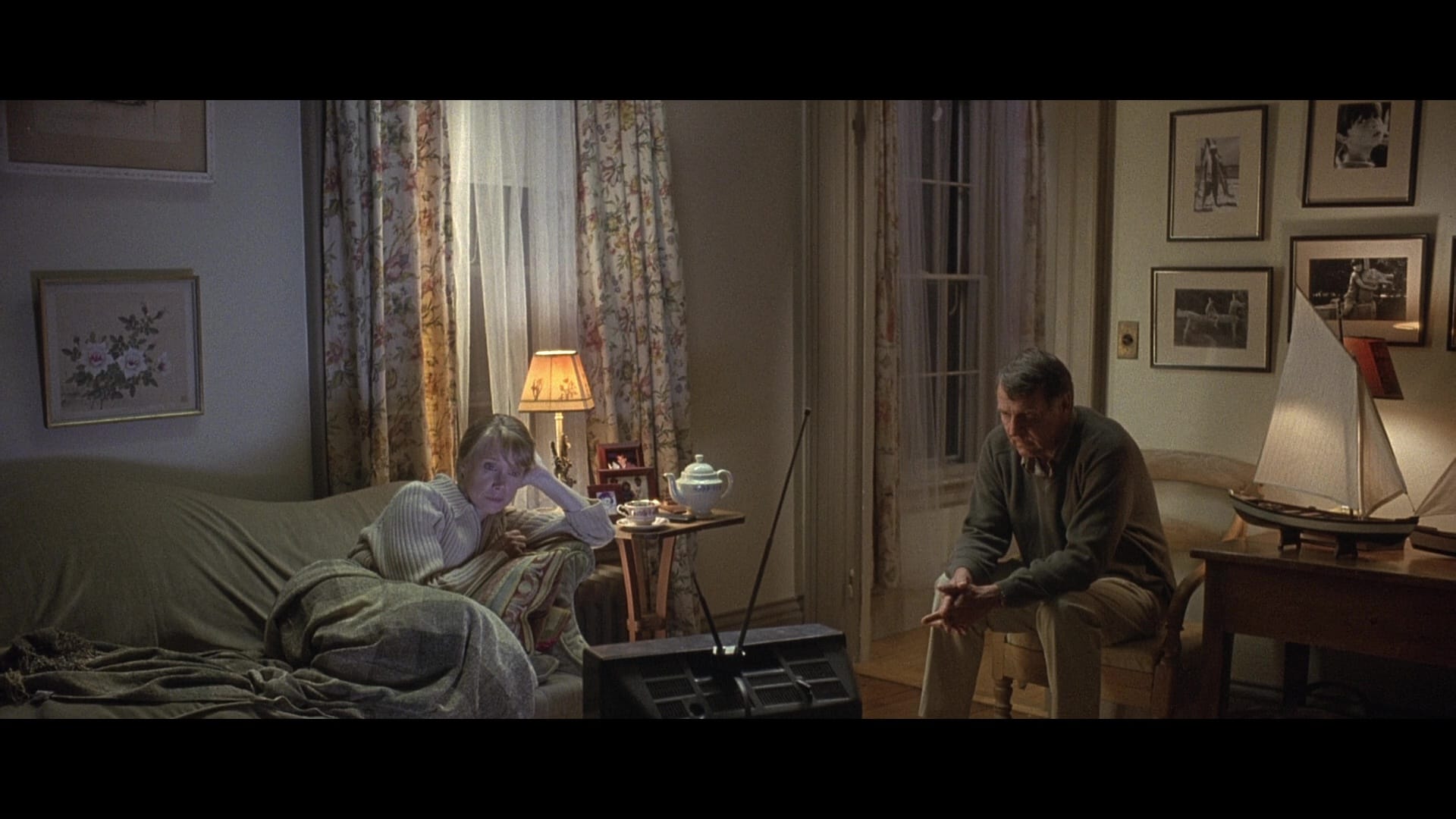
When I first saw In the Bedroom I thought the third act was a little weak. Now, with Little Children and Tár offering a little more context for Field’s storytelling methods, I think it’s exactly what it’s supposed to be – a sad acknowledgement that the Fowlers’ world is broken beyond repair, that nothing will bring their son back, that Natalie and her children are just collateral damage in a cycle of violence. This story is a bigger tragedy than anyone inside of it can understand, and nothing’s going to get any better.
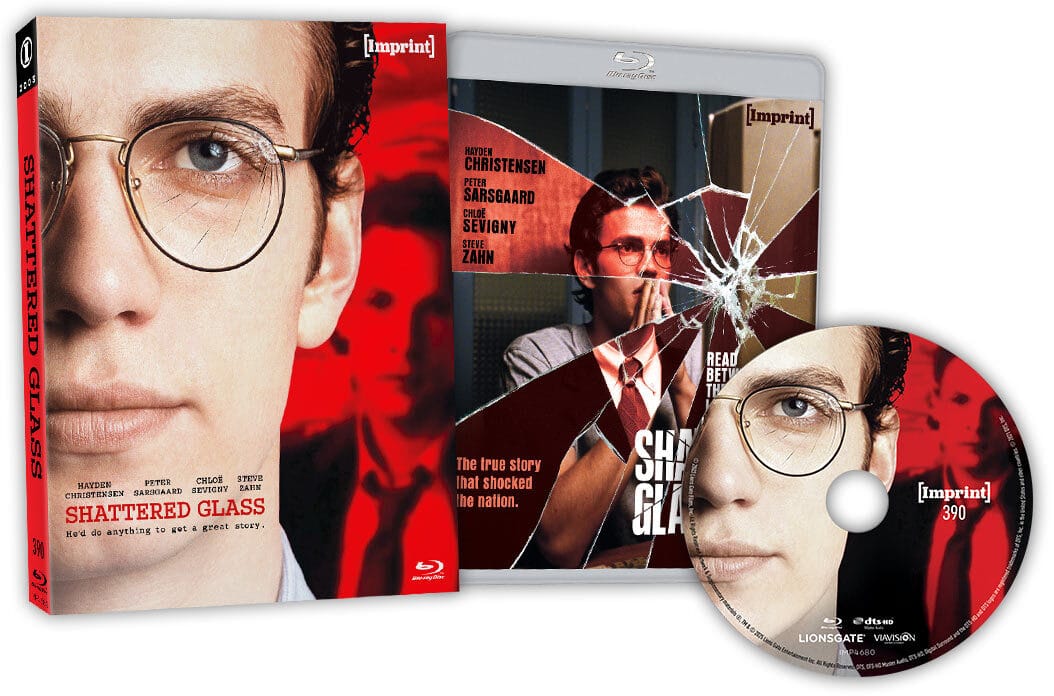
Which brings me to Shattered Glass, Billy Ray’s 2003 drama about how Stephen Glass nearly brought down The New Republic with a series of fabricated culture pieces. It’s also about integrity and ethics in American journalism, two ideas that used to carry a lot more weight.
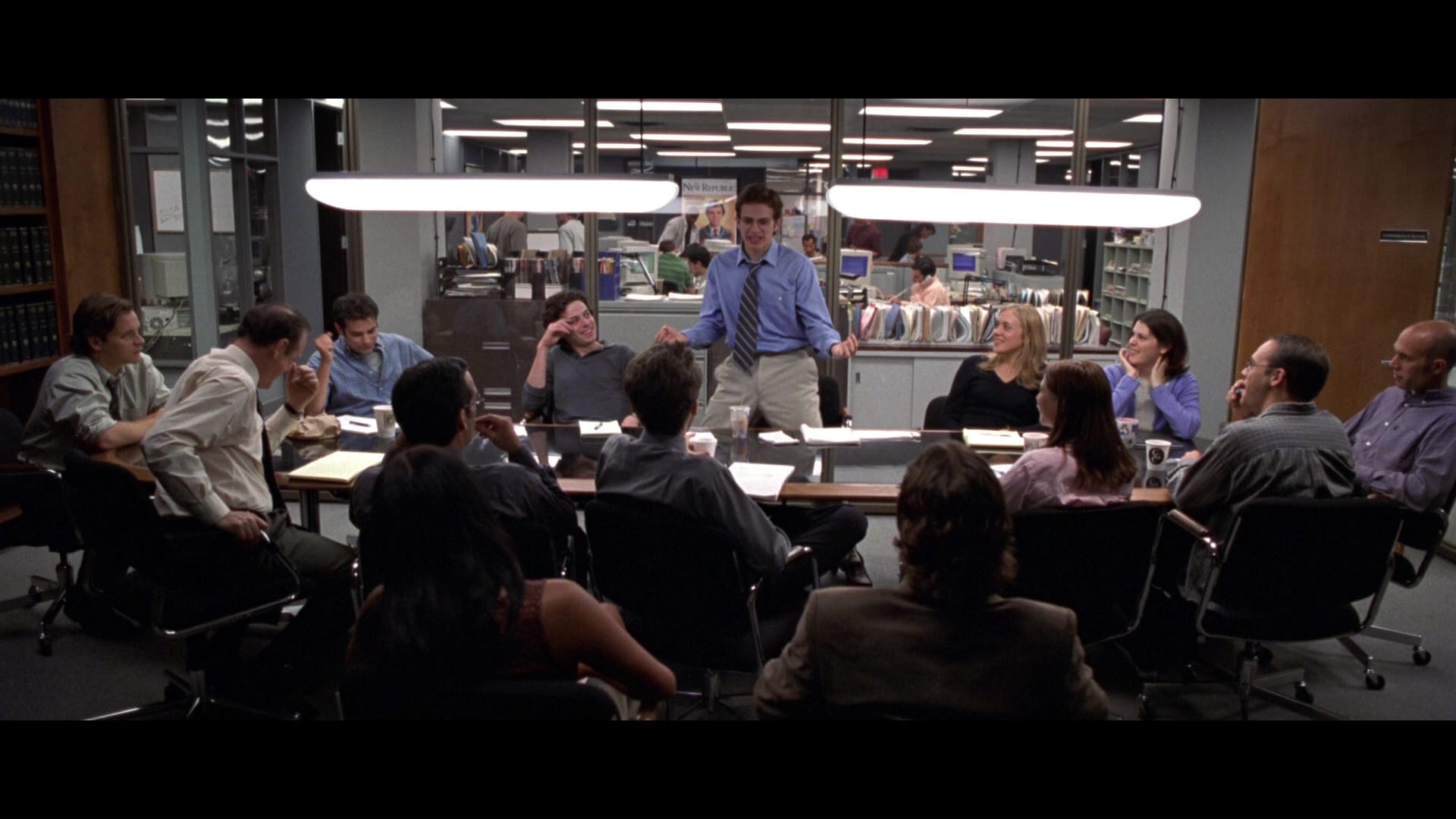
In 1998, reporters for the digital edition of Forbes discovered Glass’ story about a teenage hacker who negotiates a consultancy contract from the company he infiltrated was full of holes; further investigation found that none of the story held up to scrutiny. Glass’ editor, Chuck Lane, backed his reporter, digging a deeper hole for the magazine and for himself.
Jumping off from H.G. Bissinger’s Vanity Fair article about the scandal, Ray structures Shattered Glass as a journalistic thriller, with Lane slowly understanding the extent of Glass’ deceptions and the damage this will do to The New Republic’s reputation. It seems less meaningful now, but when Adam Penenberg broke the news about Glass’ stories it was the first case of new media versus old media – an upstart website calling out a highly regarded print magazine for getting it wrong.
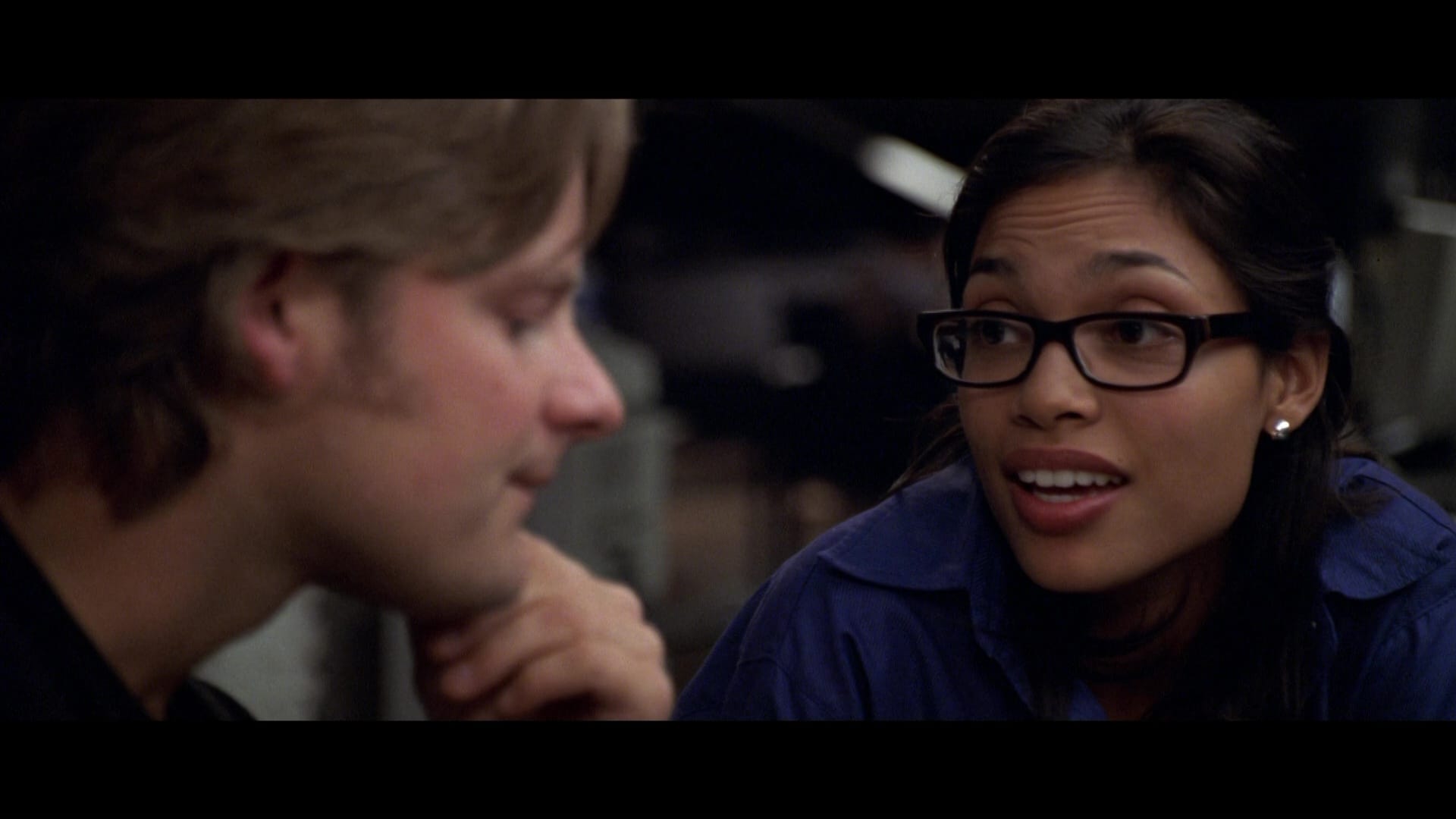
The film doesn’t spend too much time on that conflict, because of course Penenberg was right; Ray is more interested in watching Lane figure out that Glass is a symptom of a much larger problem, exploiting The New Republic’s inherent weaknesses in order to enrich himself, regardless of the cost to the magazine. Glass is a parasite, and TNR was just the unlucky host. And obviously, it’s impossible to watch Shattered Glass in 2025 without wondering whether that moment was the warning shot for everything that followed, both in media and in the world.
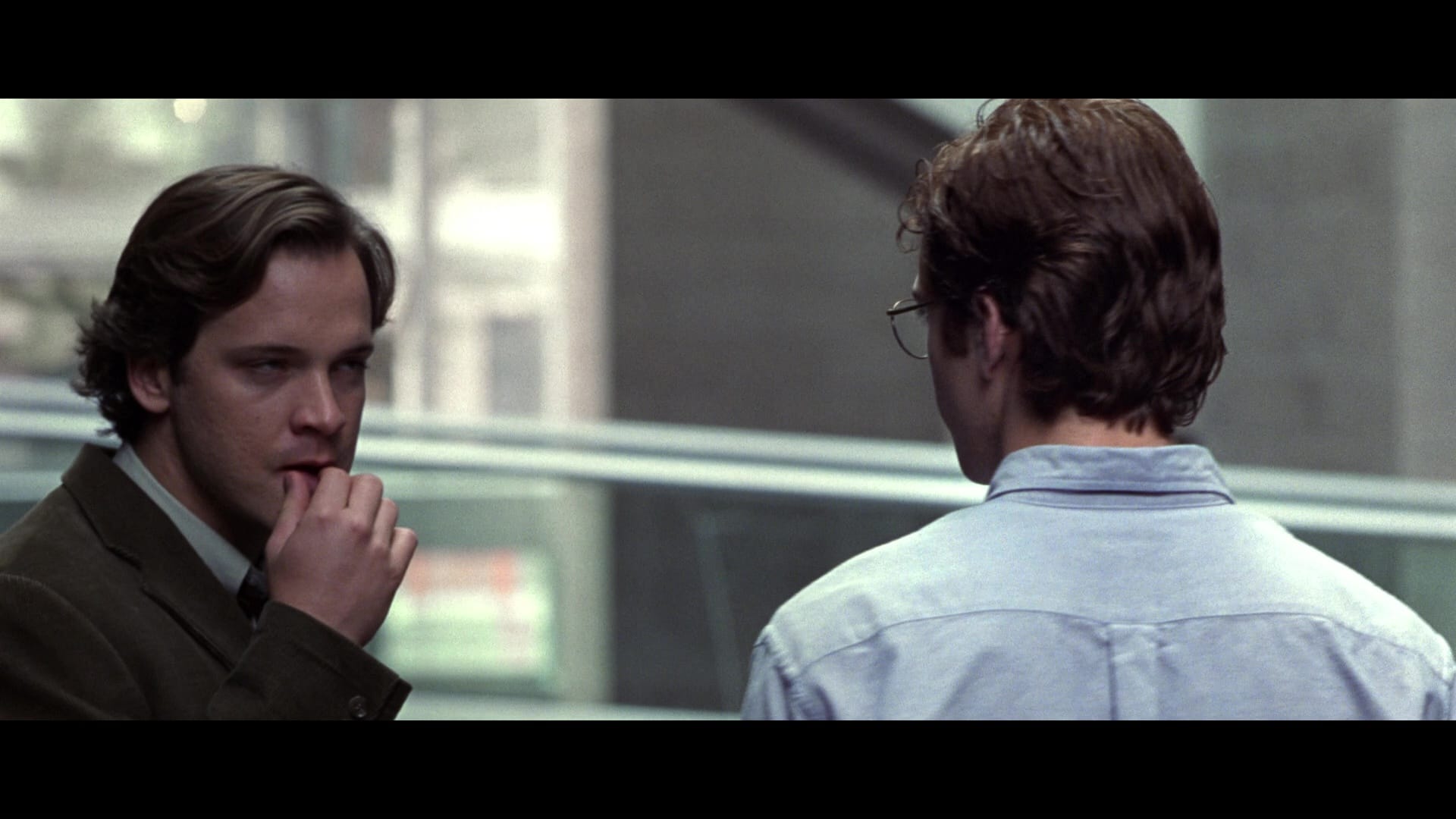
I’m a sucker for movies about journalism – go figure – and Shattered Glass is an exceptionally well-observed one, powered by Peter Sarsgaard’s confusion and disbelief as Lane and an underrated turn from Hayden Christensen as Glass. The whole cast is great, really; Ray’s always had a terrific eye for talent, and Hank Azaria, Chloë Sevigny, Melanie Lynskey, Steve Zahn, Rosario Dawson and Luke Kirby all turn up in key roles, with Canadian director Ted Kotcheff (who died last week) as TNR publisher Marty Peretz.
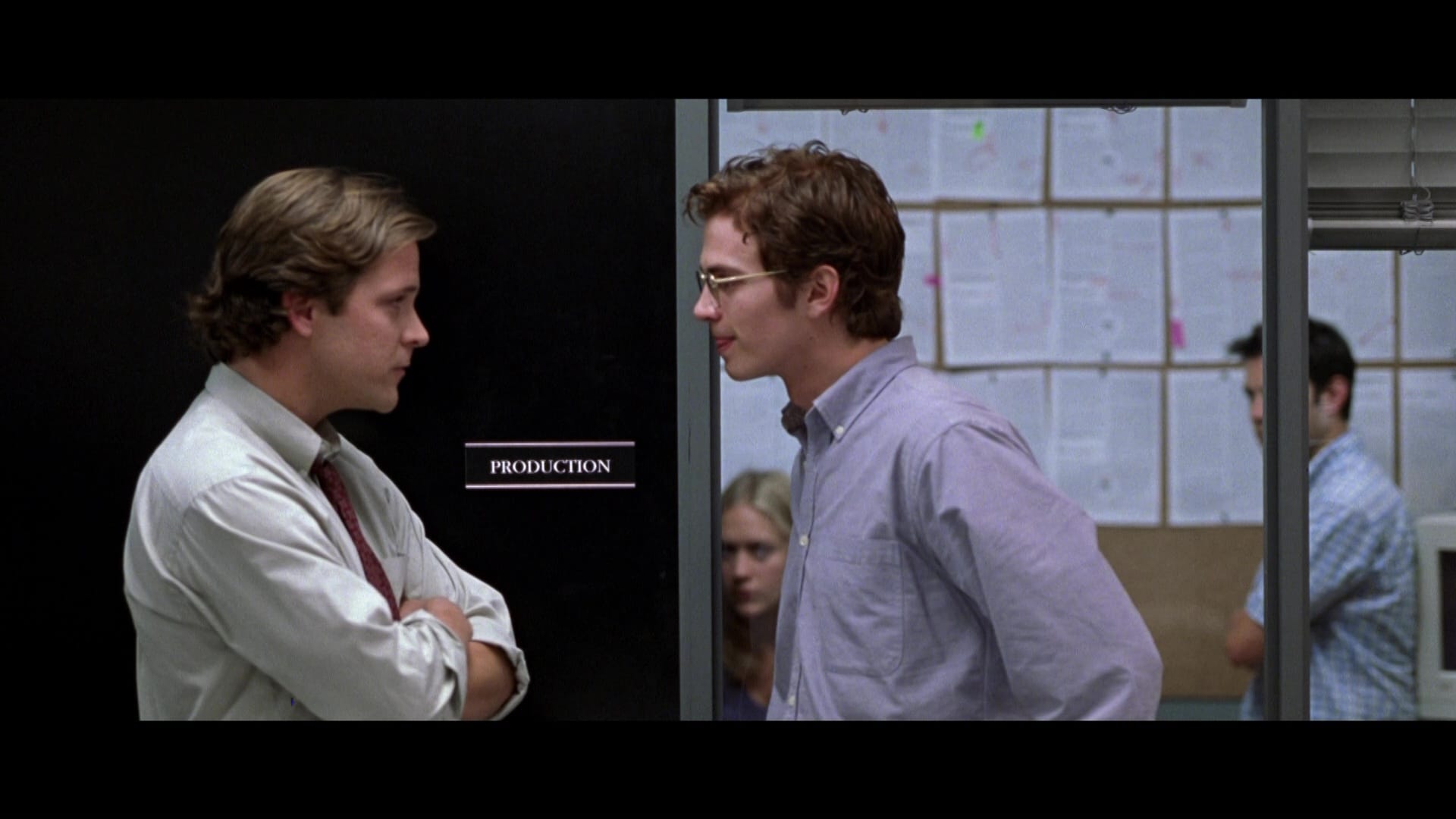
But Sarsgaard and Christensen are the center of it, and they’re great: Sarsgaard gives Lane the mounting rage of an ethical person who initially can’t conceive of anyone doing what Glass did, while Christensen lands on a delivery and physicality that reads as mechanical charm; everything he does feels just a little practiced, and in the moments when he’s cornered we can see him shuffle through potential reactions before picking the one that best suits the moment.
Since Ray’s subsequent Breach was one of Universal’s original HD-DVD releases, it feels bizarre that Shattered Glass hasn’t been released in 1080p until now – but it hasn’t. And while Via Vision’s Blu-ray uses what looks like an older master, that’s not necessarily a bad thing: Shattered Glass looks like the modestly budgeted production that it is, with no sharpening or DNR gloss.
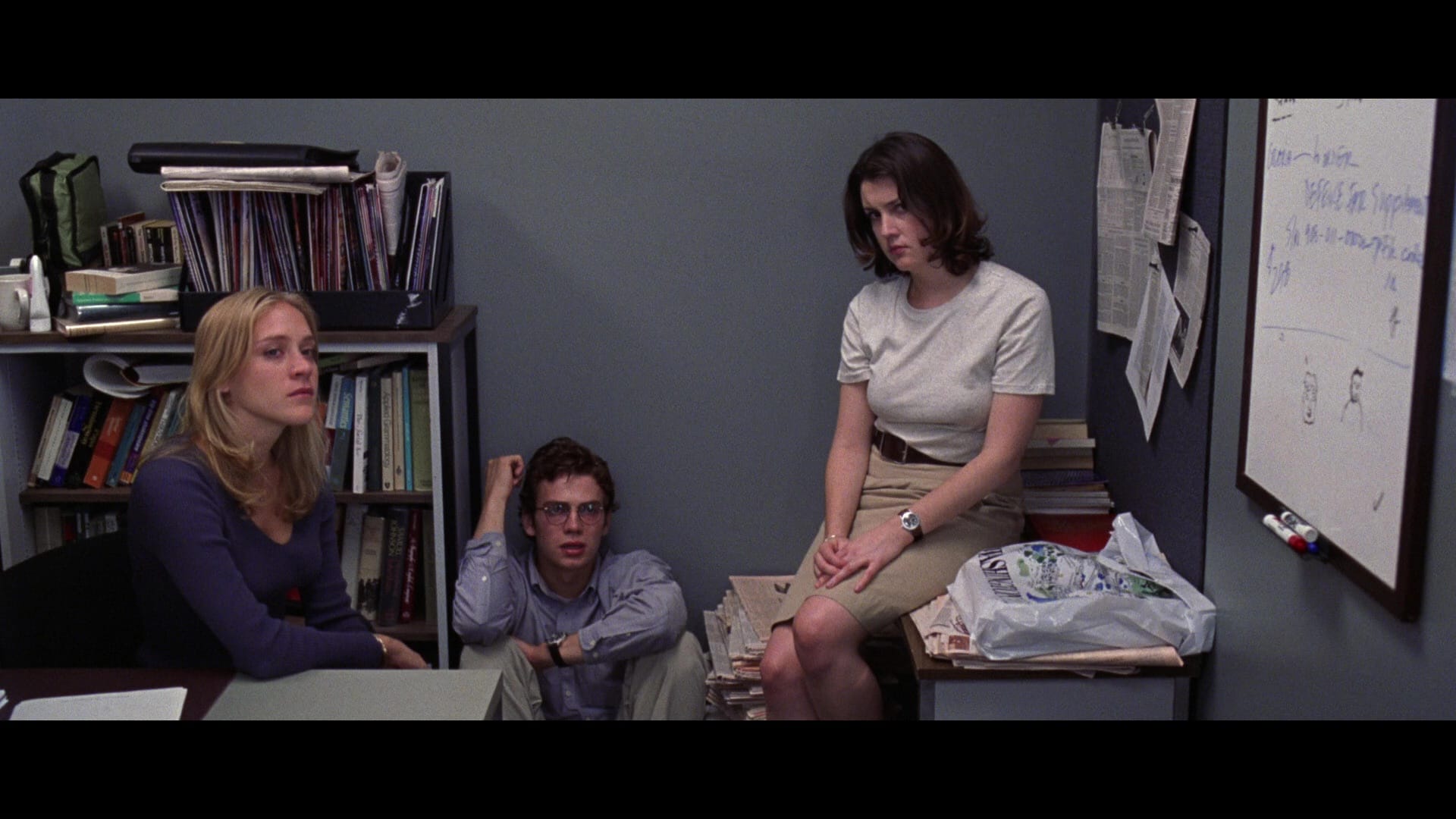
In addition to the excellent audio commentary Ray and Lane recorded for the original DVD release and Steve Kroft’s 60 Minutes segment with Glass (which aired when the little weasel published The Fabulist), the Impact disc also includes new interviews with Ray, producer Craig Baumgarten and editor Jeffrey Ford. Sadly, there is no deleted scene in which Lane beats Glass to death with a bat.
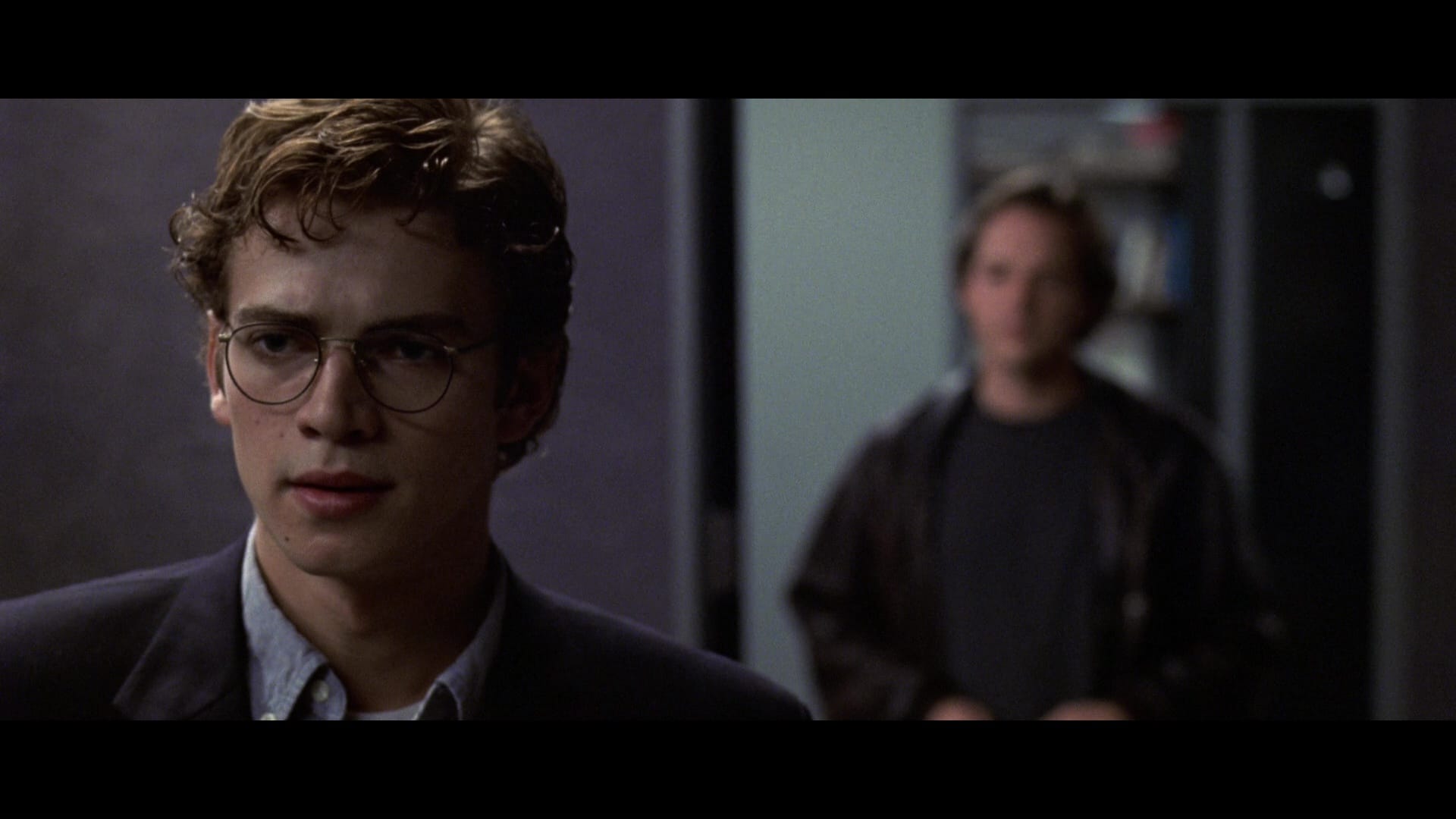
In the Bedroom is also that film’s first high-definition release, and in this case it looks like Via Vision was given a newer master, possibly created three or four years ago when Paramount acquired a chunk of the Miramax library. I booked the film three years ago for TIFF’s streaming platform, and it looks like the same master – sharp, clean and clear – but with a much higher bitrate.
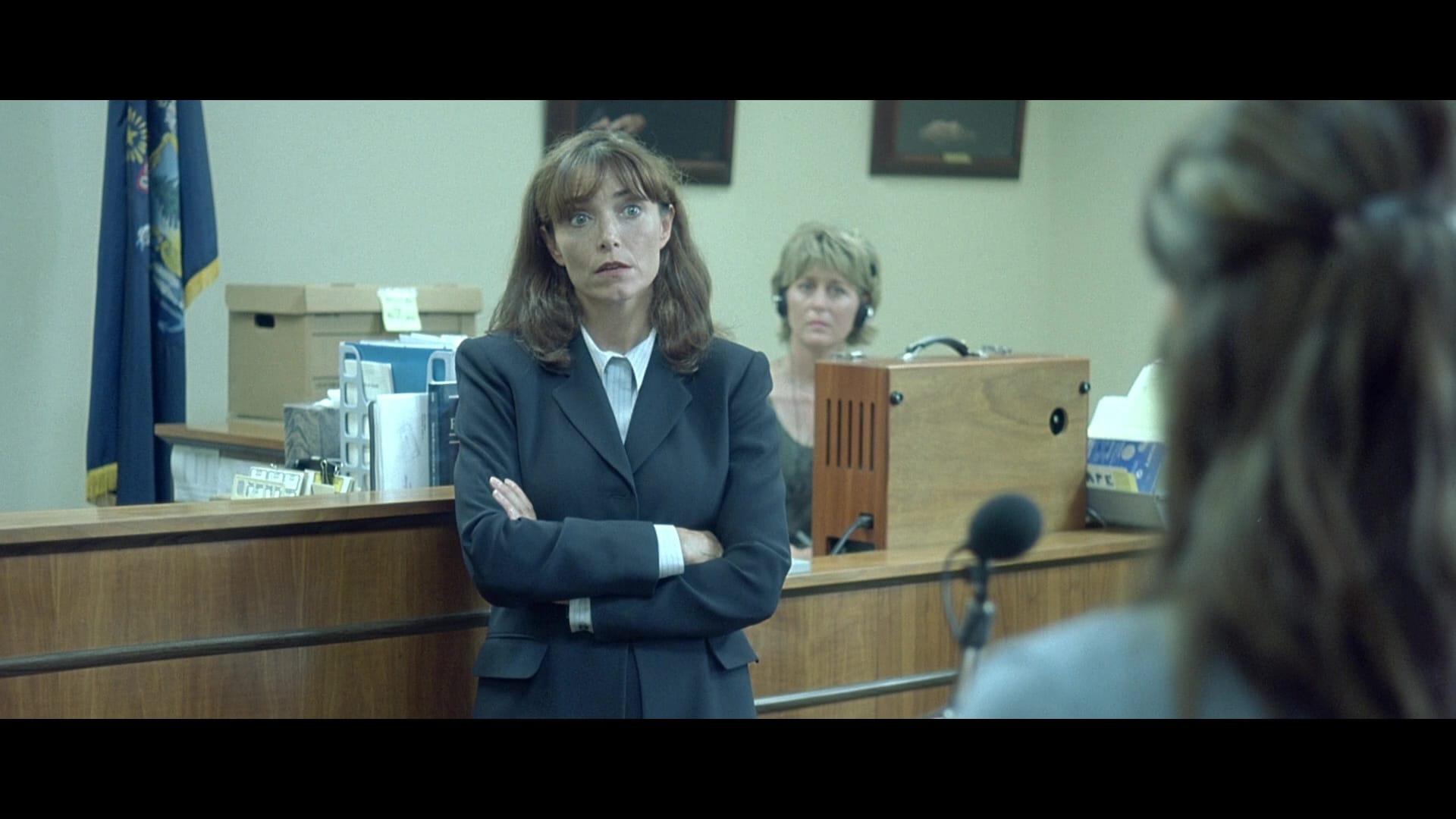
And while Todd Field doesn’t do supplements – until now, all of his films have gone out on disc with no special features whatsoever – Via Vision has commissioned a new interview with Karen Allen, who discusses her brief appearance as a lawyer, as well as two video essays from Carl Elsaesser (“Paralyzing Landscapes”) and Alex Gootter (“Bedroom Problems: Authors and Adaptations”) and an audio commentary by Adrian Martin. I’m hoping Via Vision’s programmers have Little Children on their to-do list; that one’s never been released in HD either.
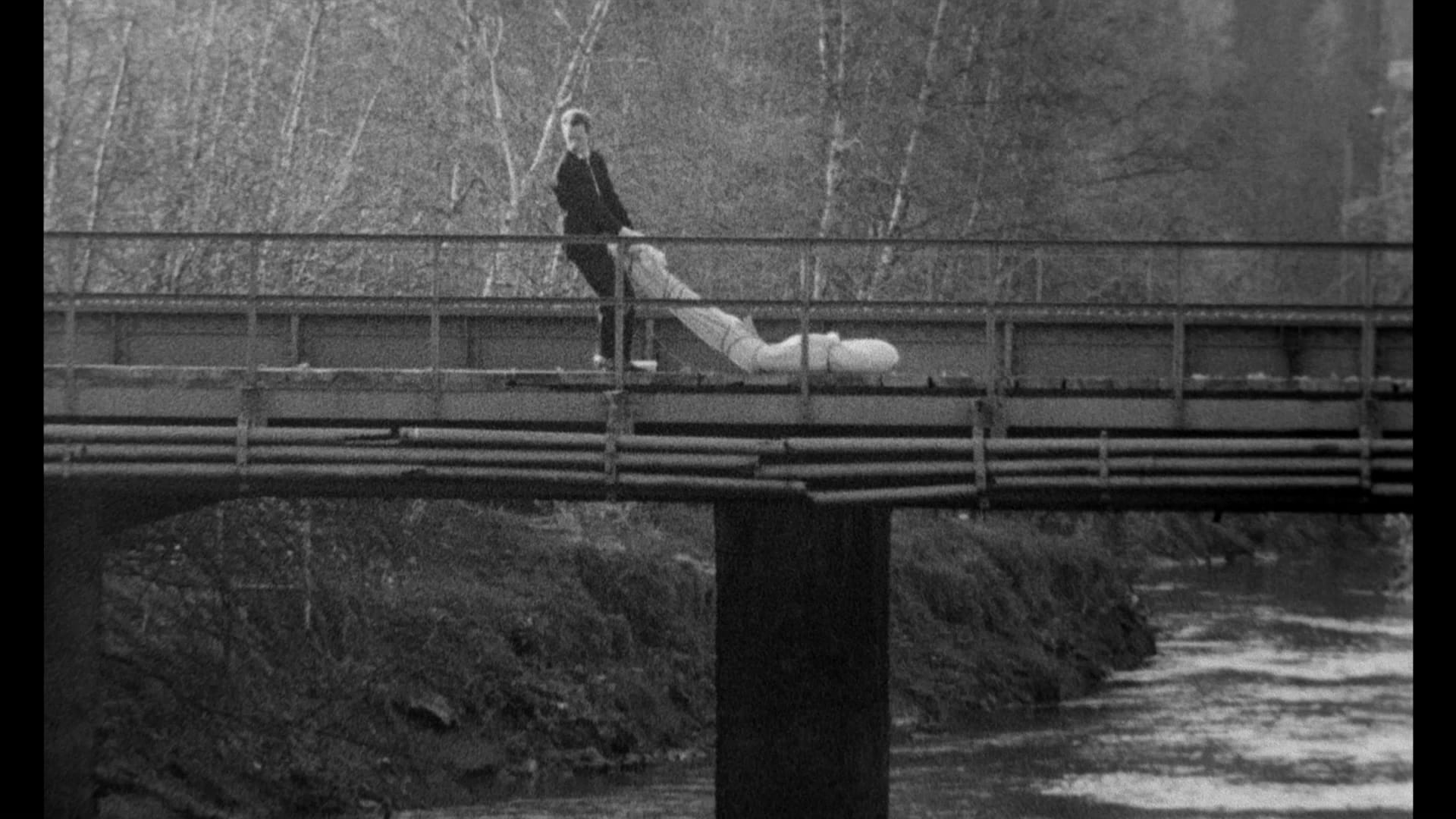
Man Bites Dog has already been released on Blu-ray in France and Germany, but this is the first edition to offer English subtitles. The 1080p/24 transfer faithfully replicates the deliberately haphazard feel of Bonzel’s grainy handheld black-and-white 16mm cinematography, and in addition to the short film “No C4 for Daniel-Daniel” and the gallery of deleted and alternate scenes that appeared on previous discs, Impact has produced a solid pair of new extras.
There’s an audio commentary by Samm Deighan – whom I just heard on Criterion’s Godzilla Vs. Biollante last month – and a new 45-minute documentary, “Man with a Movie Camera: The Found Footage Legacy of Man Bites Dog,” from Sarah Appleton, co-director of the Shudder doc The Found Footage Phenomenon. Comprised of interviews with other found-footage storytellers, among them Ghostwatch’s Lesley Manning and Noroi: The Curse’s Koji Shiraishi, it’s an informative and absorbing look at the film’s initial cultural impact from artists who understand just how hard it is to make one of these things, and get every last detail right.
The only missing element from previous special editions is the archival interview with Belvaux, Bonzel and Poelvoorde produced for the Criterion LaserDisc three decades ago. You can find that on the Criterion Channel if you’re curious, but don’t let its absence keep you from grabbing this edition. It’s a hell of a package.
Man Bites Dog, In the Bedroom and Shattered Glass are now available on all-region Blu-ray from Via Vision. They also released Kathryn Bigelow’s long-lost drama The Weight of Water in this wave of titles, but I didn’t get a review copy.
And congratulations to Sugith Varughese, Rob McCauley and Lyla Miklos, the winners of this week's giveaways of The Brutalist and Babygirl, courtesy of Elevation Pictures. Sugith gets the Brutalist 4K disc, Lyla wins the Blu-ray edition and Rob gets the Babygirl BD; I'll be in touch shortly to get your mailing information. It's fun to win things!
Up next: Arrow’s 4K restoration of The Long Kiss Goodnight makes the case for Shane Black as the greatest screenwriter who ever lived. I mean, kind of.
